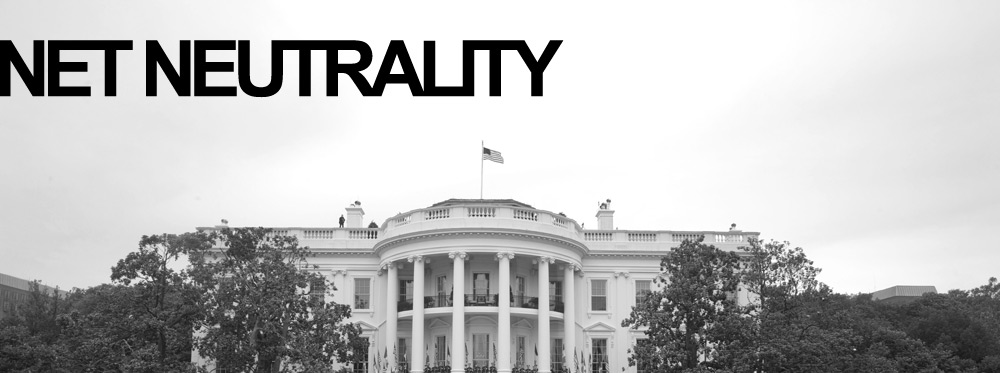The Federal Communications Commission just introduced six core guidelines regarding net neutrality and it’s causing an uproar. Some businesses are saying these are overly intrusive and can hamper innovation while consumer advocacy groups say these don’t go far enough to protect a free and open Internet. Being that we’re IntoMobile we decided to break down how the FCC net neutrality rules will impact wireless broadband.
It’s not even clear that the FCC net neutrality guidelines will survive, as there’s still some ambiguity over its jurisdiction, legal actions will quickly be followed by lawsuits and there’s a chance the Republican House of Representatives may take a run at these rules once it comes in to power in 2011.
The FCC net neutrality guidelines are primarily focused on wireline services and say that ISPs cannot discriminate against traffic or services like Skype unless there is a reasonable reason to. This means some reasonable network management is allowed for things like security and prioritization but the ambiguity of the guidelines raise concerns.
But as 4G networks hit the mainstream and as more and more people use smartphones, net neutrality issues could play a major role in the wireless space. The FCC has essentially punted on this issue, as it still says that the wireless broadband market is too nascent and vigorous net neutrality rules could stifle innovation.
To be fair, there are still some guidelines in place. Carriers won’t be able to ban content or services because it competes with their own (Netflix vs. V Cast Video, for instance) but there is potentially enough wiggle room for carriers to say some things are too data-intensive to fully support on the go. The FCC net neutrality guidelines are pretty much in line with what Google and Verizon proposed a few months ago when it comes to broadband.
We could be going down a path where how you get your Internet determines what you can access. A Droid X on 3G may not have all the access of that same device on a WiFi network.
Of course, that’s the worst-case scenario and, unlike most wireline broadband providers, there is true competition in the mobile broadband space. If AT&T’s 3G is giving you bunk service, then you can bet T-Mobile or Sprint will advertise having a “full Internet” on the go to woo customers. If the major carriers tacitly collude on this – as the companies have been accused of when it comes to text message pricing – then we could be screwed. I guess concerned users could always switch to MetroPCS and its 4G LTE if things got really bad among the big four.
The major carriers have had a mixed reaction to the FCC net neutrality guidelines, as AT&T and Verizon showed displeasure with the news and T-Mobile remained relatively neutral. Sprint – which doesn’t have as big of wireline business as AT&T or Verizon – was optimistic:
“Sprint commends the FCC for the careful and deliberate approach it has taken on this issue. It is an important next step in ensuring the freedom and openness of the Internet, while also recognizing the differences between fixed and mobile networks and the importance of providing all broadband providers with the flexibility to manage their networks.”
“While Sprint will study carefully the text of the Order, the outline presented at today’s meeting appears to be a fair and balanced approach to a difficult issue. Sprint is encouraged that the Commission has resolved this issue and is moving forward.”
Even though both side of the issue aren’t happy with the governmental agency’s moves, there’s also the line of thinking which says that if both sides are angry after negotiation, you’ve done a good job of compromising.
[Via Fierce Wireless, Ars Technica photo]

